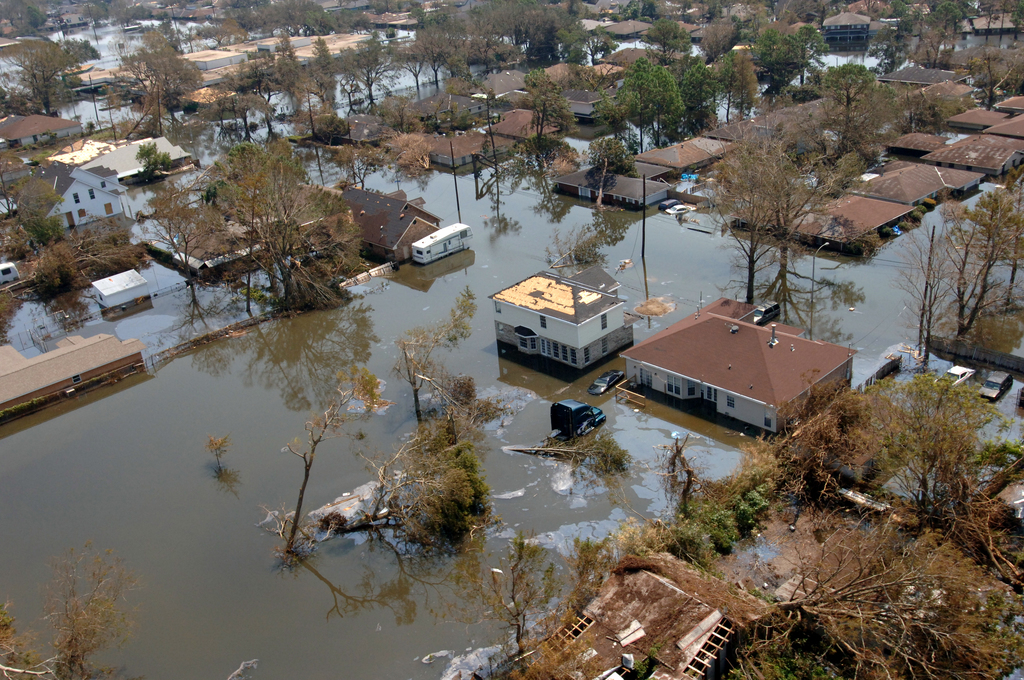Have a story idea
Have a story idea? Send it to us here.

Source : U.S. National Archives
May 18, 2022
Author : Alex Bustillos
The residents of New Orleans are still struggling from the aftermath of Hurricane Katrina, which smashed into the coast 16 years ago.
Considered one of the most destructive Category 5 hurricanes to have struck North America, the storm raged from August 23rd to 31st, 2005. It caused over 1,800 fatalities and $125 billion in damage. It has been deemed one of the costliest natural disasters in US history.
New Orleans, Louisiana, was one of the worst affected areas. A large portion of the greater metropolitan area is below sea level, and fatal flaws existing in its flood protection system allowed for massive flooding. Over 80 percent of the city was submerged under 20 feet of water.
By 2015 the city and the Federal Emergency Management Administration (FEMA) had settled debates over the total allotment of federal funds to aid in the city's infrastructure.
A sum of $2.4 billion was allotted by FEMA to reconstruct the sewage and water systems and the roads. This project was initiated under the then governor, Mayor Mitch Landrieu.
The project termed the Joint Infrastructure Recovery Request (JIRR) program has a deadline to spend the money by 2023, and it encompasses repairs to 400 miles of roadways. Yet only 25-50 percent of the amount has been spent, leaving more than $1 billion in the coffers.
A 2019 report commissioned by the city observed that "drastic adjustments are needed immediately" to repair or replace the critical infrastructure.
Hold ups have occurred as the project has come under scrutiny from officials at state and federal levels, and New Orleans' Inspector General Ed Michel will soon be issuing a report.
One issue appears to have been complaints by two Department of Public Works (DPW) employees that a city official helping to oversee the reconstruction program has a son employed by a major local contractor. An ethics board looking into the matter has not found any ethical concerns.
This is not the first time that city officials have come under scrutiny. Most infamously, the mayor at the time of Hurricane Katrina, Ray Nagin, was convicted on 20 of 21 counts of corruption. He was sentenced to ten years imprisonment in 2014.
Coming to the office with a clean slate in 2018 the city’s first woman mayor, LaToya Cantrell, has overseen significant improvements to the city’s infrastructure and quality of life.
To meet the impending deadline, her administration has attempted to step up the pace of construction since 2021. To meet this accelerated plan, the Department of Public Works needs to complete twice as many infrastructure projects as it did in 2020.
But this sudden acceleration in the project has been met with skepticism from both contractors and many residents. The verdict is still out on whether FEMA will withdraw from the remaining amount of the funding, or if it will extend the deadline beyond 2023.
Keep following Contractor News for updates.
Category : Federal Government Local Government State Government Public Works
